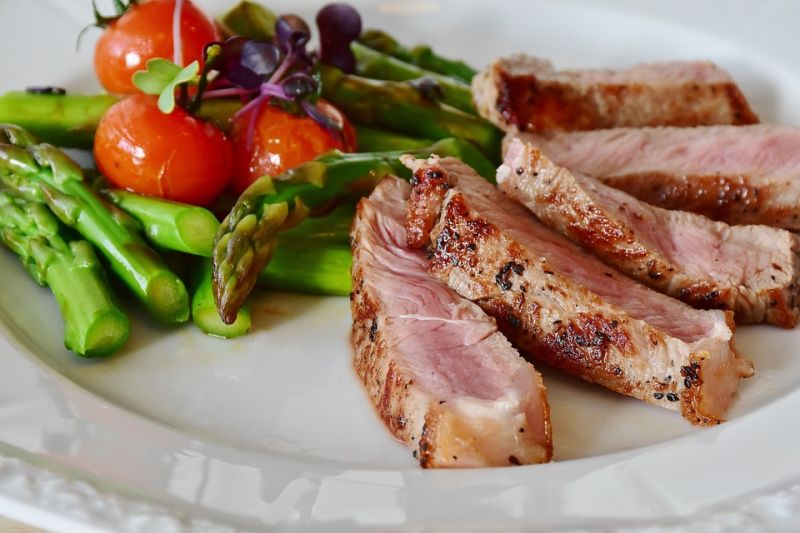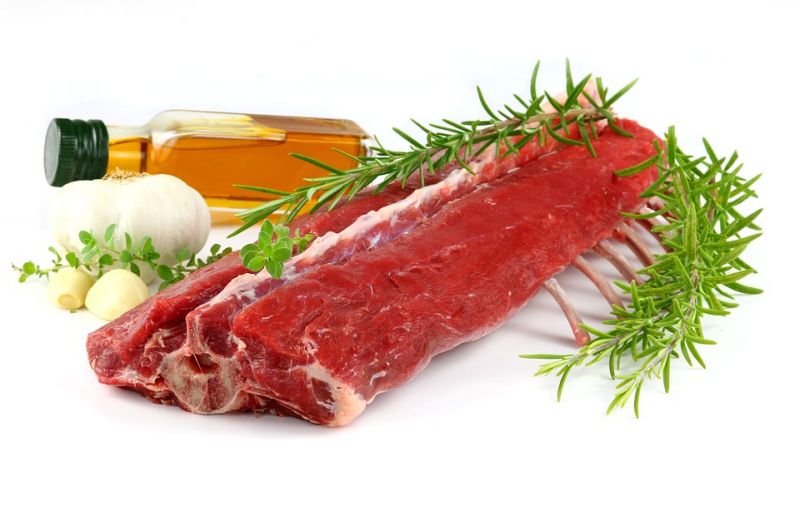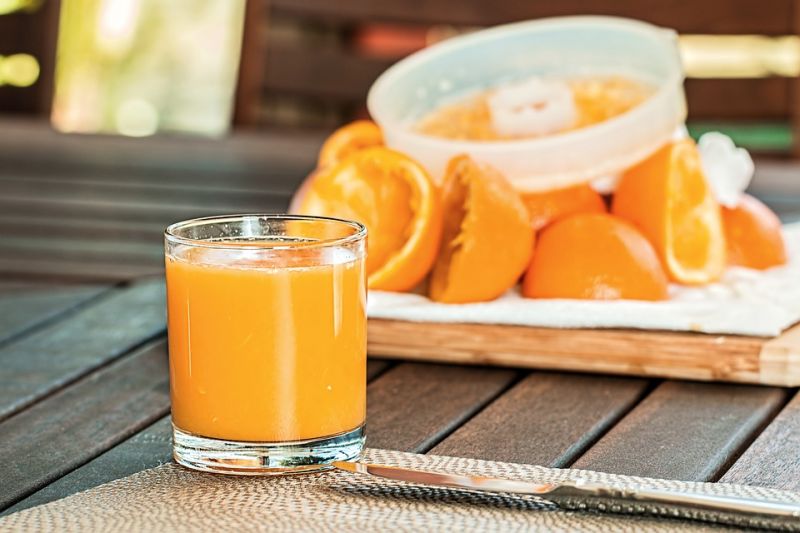Year ender 2017: Nutrition myths busted
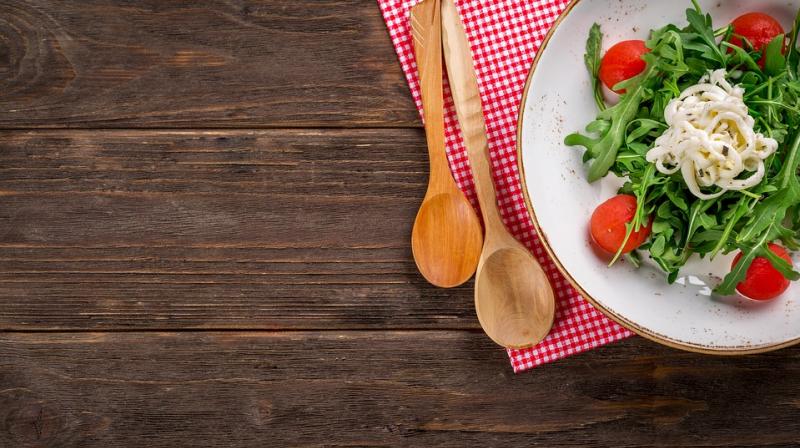
A new year is knocking on the door, which means you’re probably reevaluating all your poor health choices and setting a few fitness goals for 2018.
Every year has its own nutrition fads, and while some work, some are nothing but skeptical conjectures. With the easy accessibility of the internet, it makes it easier than ever to spread misinformation. Myths spread like wildfire through various social media platforms.
Speaking to this correspondent, Munmun Ganeriwal, a Nutrition and Exercise Consultant from Mumbai busts a few nutritional myths that had become prevalent in 2017.
Sugar is bad for you.
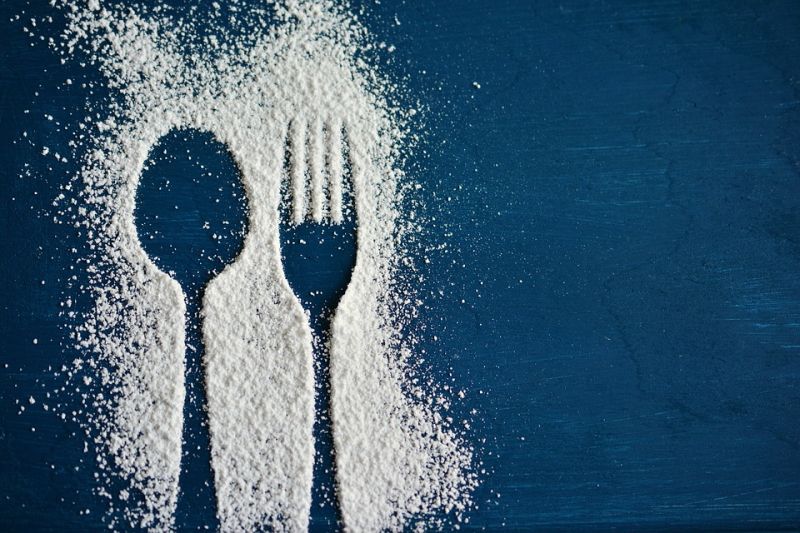 Sugar is bad, but not all sugar is harmful to the body.
Sugar is bad, but not all sugar is harmful to the body.
If there’s any one single thing that is absolute bad for health, then that is Sugar. Well, that’s what everyone heard about in 2017. But here’s the truth- Not all sugar is bad. The kind of sugar that is really harmful is the HFCS (high fructose corn syrup) that comes in your colas, sweetened cereals and other packaged, processed foods.
Cut carbs to lose weight.
Carbs have been vilified but its more like an oversimplification of sorts. Cutting carbs in the form of processed food is the only carbs one needs to avoid. As long as you are eating roti, thepla, dosa etc know that carbs are vital for the body and its functioning.
Eat “clean”.
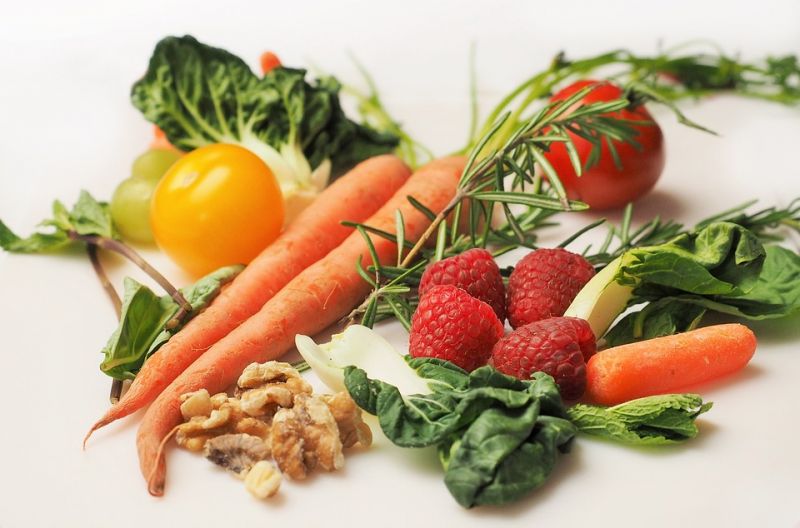 While Vegan Diet is promoted as clean, experts disagree on what is clean and what is not.
While Vegan Diet is promoted as clean, experts disagree on what is clean and what is not.
Instagram has seen 2017 flooding with eat clean hashtags. From eating raw, to eating vegan, to eating organic- eating clean really encompasses anything and everything. Experts do not seem to agree on what food is clean and what is not.
Truth- Simply stick to the basics. Eat less of packaged food, more from home and keep it simple and real.
Superfood are exotic and expensive.
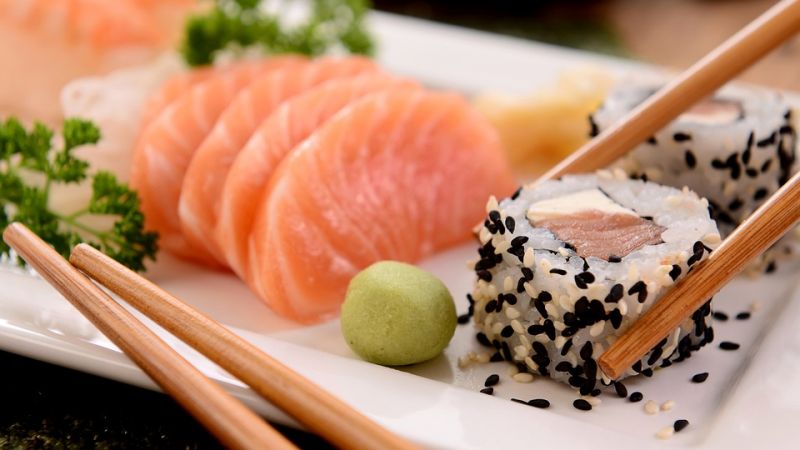 Superfood are exotic and expensive
Superfood are exotic and expensive
Superfood does not have to be exotic. In fact, foods that are local, seasonal and you have grown up eating are the real superfood. Superfood not only takes care of your personal health, it also helps build ecology by preventing climate change and takes active part in local economy.
Avoid fats to prevent heart disorders.
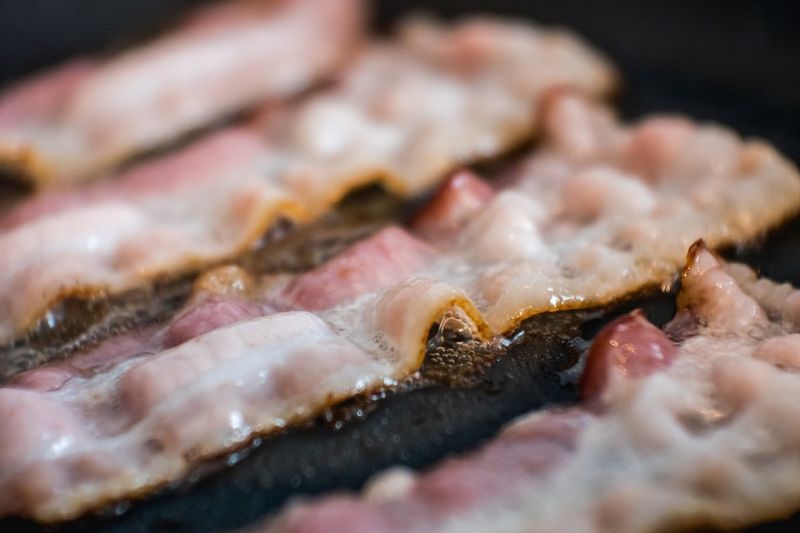 Avoid fats to prevent heart disorders
Avoid fats to prevent heart disorders
Eat fat and gain fat? Right? Nothing is far from the truth. Research shows that saturated fats (which is often blamed for heart ailments) have no relation with heart disorders. Trans fats which is found in hydrogenated vegetable oils, packaged foods like muffins, chips etc is the fat that one should avoid.
Intermittent fasting.
Truth- Eating small meals frequently, every 2-3 hours is crucial for fat loss. Eating many small meals frequently throughout the day boosts metabolism, keeps it going at a faster pace and thereby burns more calories. It helps stabilize blood glucose levels throughout the day, prevents overeating and accelerates weight loss.
Keto diet increases metabolic rate and accelerates weight loss.
Another form of diet that excludes a food group entirely. Keto diet is about NOT eating carbs. The truth is that carbs are a vital source of fibre and pre-biotic. Prebiotic are important to induce changes in the composition of the gut microbial populations and confer multiple benefits to the host health including weight loss, fighting diabetes, cancer etc.
Alkaline diet.
Truth- It is more important to know that overdoing an alkaline diet by flushing alkaline waters is not the solution. Our stomach requires to be acidic for digestion, absorption and assimilation of nutrients.
Indian diet lacks adequate protein.
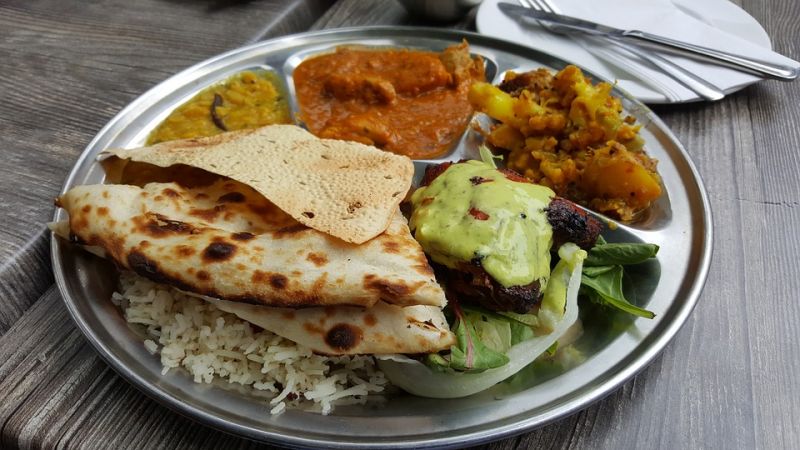 Indian diet lacks adequate protein
Indian diet lacks adequate protein
For long, Indian diets have been underrated for its lack of protein. But the truth is that Indian diets are wholesome and have adequate protein. The combinations of cereal pulse in Indian foods like khichdi, dal rice etc have been existing since centuries because the cereal and pulse mutually supplement each other and result in a complete amino acid profile.
Egg yolk is bad for you.
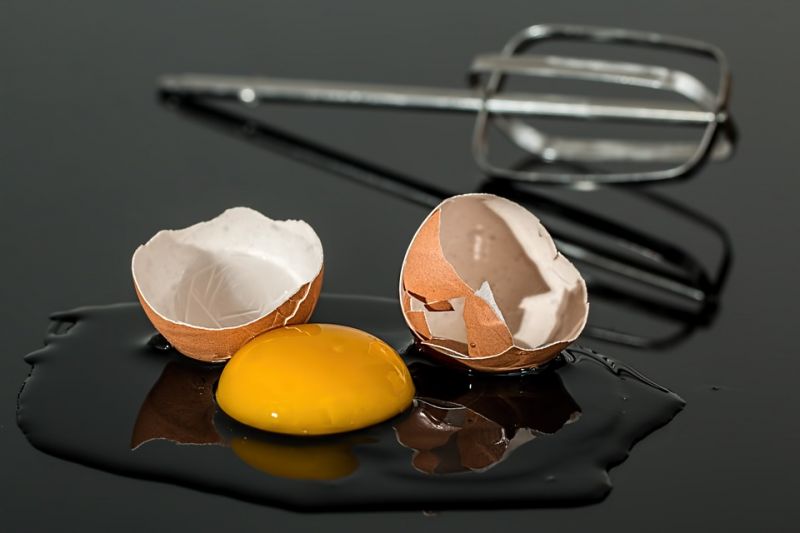 A typical egg yolk contains around 18 to 39IU of vitamin D
A typical egg yolk contains around 18 to 39IU of vitamin D
Egg yolk is full of cholesterol, they say. Truth- Not only it is rich in cholesterol, it is also rich in lot of other vital nutrients and protein. Moreover, research says that eating foods high in cholesterol does not translate to higher cholesterol levels in blood.

